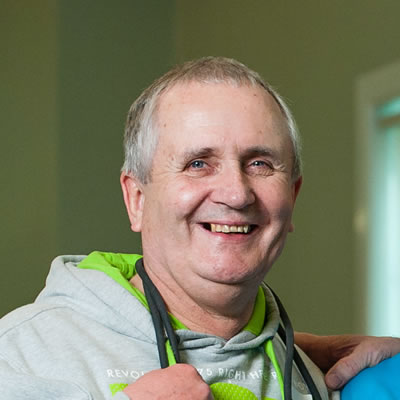Goal setting
Start with something simple which you can achieve within a short time
Goal setting allows you to think about what you want to achieve in the short or long term. Goals give you something to aim towards and help to keep you motivated.
First of all ask yourself – What is a reasonable goal I can work towards? Start with something simple which you can achieve within a short time. This could be the first of many steps to a bigger or longer term goal.
For example, if your goal is to lose half a stone in weight in the next 3 months.
- On a scale of 1 to 10 where do you see yourself just now in relation to your goal?
- How important is this goal to you now?
1 = not able to do this up to 10 = very able and confident I can do this.
If you score yourself a 4 on this scale ask yourself – what is stopping me from being a 5 or 6 just now?
- Do you need to get help to stay motivated?
- Do you need a “buddy” or friend to do this with you?
- Do you need advice about which diet or healthy eating plan to try?
- Do you need to find healthy recipes which are quick and easy to make when you are feeling breathless?









